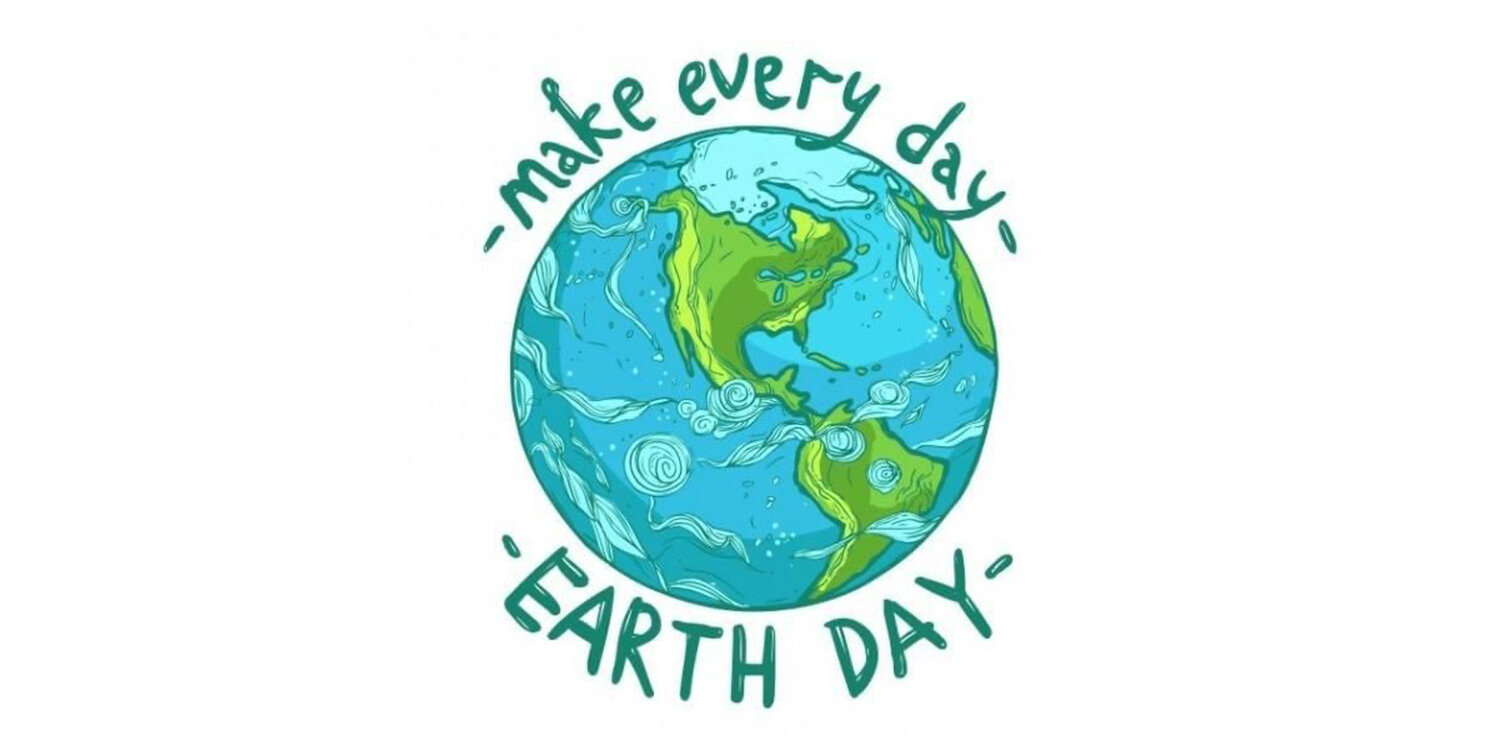Protecting Our Environment and Health
Protecting Our Environment and Health
Written by Jennifer Korneski (Somerset County 4-H & Healthy Living Coordinator)
Spring is in the air and the perfect time to talk about a part of health that doesn’t always get as much attention as physical health does, but plays a vital role in our overall wellness, and all that surrounds us.
All areas of our health, physical, emotional, mental, social, spiritual, and environmental are interconnected and influence a balanced lifestyle. Our environmental wellness is affected by things we touch, smell, breathe, and eat. It includes sanitation and safety of our living conditions and surroundings, the quality of our air, water and soil, exposure to chemicals, recycling practices, and conservation of natural resources.
Over the past few decades more attention has been put on protecting our environment and our health. April 22,1970 was the birth of Earth Day and the national movement of creating public awareness for saving our natural resources, preventing the disruption of animal habitats and extinction of wildlife, protecting our health from air and water pollution. Let’s celebrate our Earth and protect our environmental health everyday not just on Earth Day!
Here is a list of some common exposures that affect our health and how you can be proactive in protecting yourself and your family:
Air Quality
Inhaling poor quality air from pollution, chemical particles, and second-hand smoke can make it difficult to breathe and even effect long term respiratory health.
Reduce dust by washing bedding weekly in hot water, using dust-proof pillow and mattress covers, regularly dust furniture with a damp cloth, vacuum carpets frequently, and regularly change air filters
Be careful when using spray cleaners that contain harsh chemicals and open windows when cleaning for extra ventilation. Never mix bleach products with ammonia.
If you are susceptible to seasonal allergies, when pollen counts are high or air quality index is extreme, stay indoors. If outdoors, remove shoes and change clothes when coming indoors, wash hair before bed.
Check and replace batteries of carbon monoxide detectors twice a year. Carbon monoxide is an odorless, colorless gas that can be deadly because it robs the body of oxygen. If a detector sounds in your home, leave immediately and call 911. If you have concerns at home about radon, a gas that comes through foundation cracks that can build up to toxic levels, call the national radon hotline at 1800-55RADON.
Endocrine Disruptors
The endocrine system produces hormones that control functions of the body related to growth, reproduction, metabolism, and mood. Many chemicals, natural and synthetic, have been linked with developmental, reproductive, brain, and immune system issues. Endocrine disruptors are found in many everyday products, including plastic bottles and containers, liners of metal food cans, detergents, flame retardants, toys, cosmetics, personal care, food, and pesticides.
To lower your risk:
Use glass or stainless-steel containers for drinking, heating, and storing food.
Avoid products containing Bisphenol A (BPA)
Drink filtered water
Read labels of personal care products and avoid brands that use phthalates and triclosan
Minimize exposure to pesticides by washing produce well and consider using natural weed control alternatives like vinegar
Planet Earth is a large place and sometimes we may think, “what difference can I make in this big world?” The answer is A LOT!
Here is list of things you can do to protect your environmental health risks while making a difference in the world around you. If we, together, took little steps each day we can make a positive impact to our planet
Do not litter and pick up trash
Recycle paper, plastic, cans, and glass
Bike or walk more often instead of traveling in cars
Use reusable bags and water bottles
Be mindful of running water usage
Conserve energy and turnoff lights when you leave a room
Unplug from technology
Donate unwanted clothing or toys
Enjoy and appreciate time in nature
Talk to your children about being kind to our Earth
The National Institute of Environmental Health Sciences has a fantastic resource for children, parents, and teachers to educate kids about health, science, and the environment in a fun way. Check out https://kids.niehs.nih.gov/ for games, color sheets, articles, videos.
SOURCES
“The History of Earth Day.” EARTHDAY.ORG, https://www.earthday.org/history/ Accessed 26 March 2021.
“Introduction to Indoor air Quality.” United States Environmental Protection Agency, https://www.epa.gov/indoor-air-quality-iaq/introduction-indoor-air-quality. Accessed 26 March 2021.
“Endocrine Disruptors.” National Institute of Environmental Health Sciences, https://www.niehs.nih.gov/health/topics/agents/endocrine/index.cfm. Accessed 26 March 2021.
“Environmental Wellness Toolkit.” National Institutes of Health, https://www.nih.gov/health-information/environmental-wellness-toolkit. Accessed 26 March 2021.
“Implementing the 8 Dimensions of Health.” University of Wisconsin-Madison,https://fonddulac.extension.wisc.edu/implementing-the-8-dimensions-of-wellness/. Accessed 26 March 2021.


